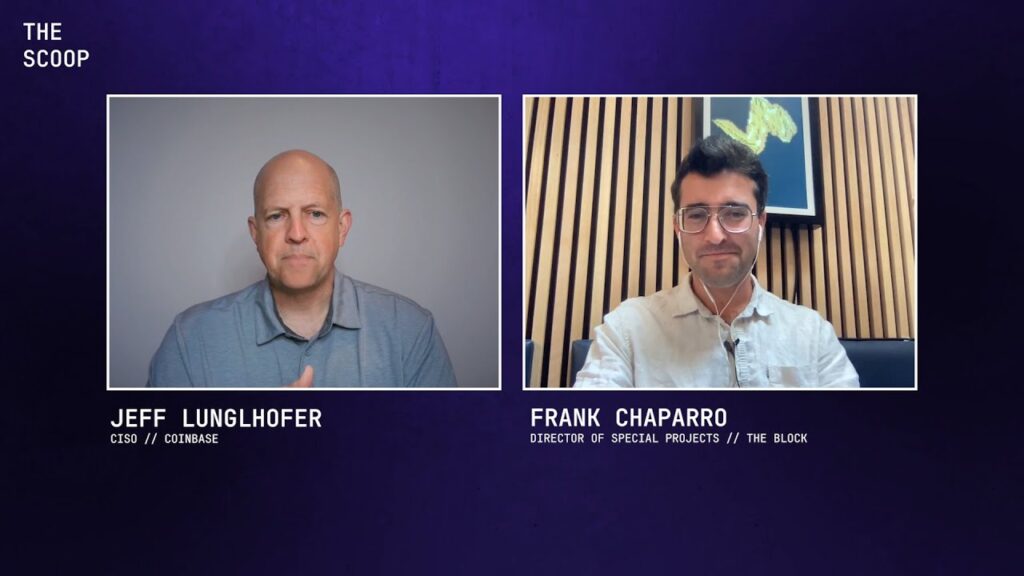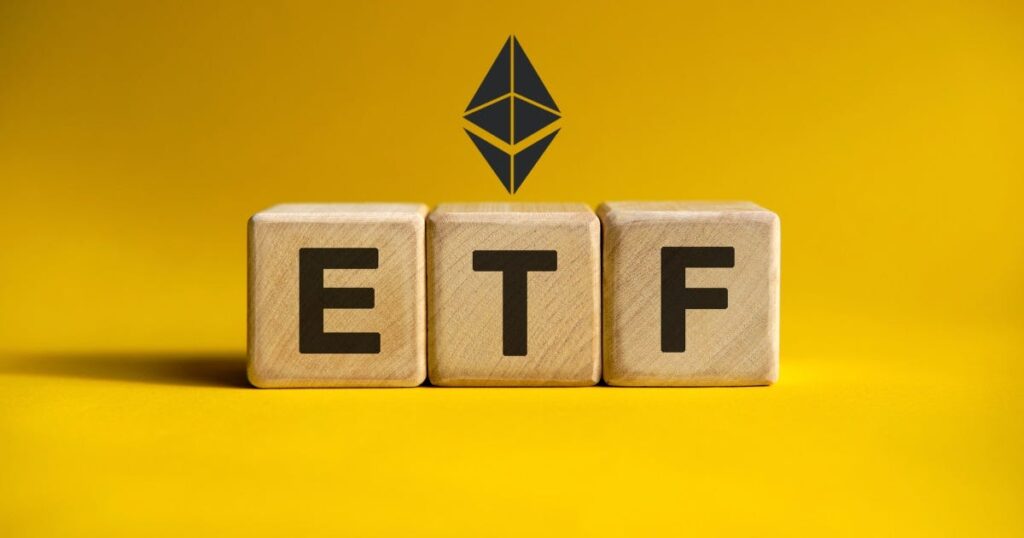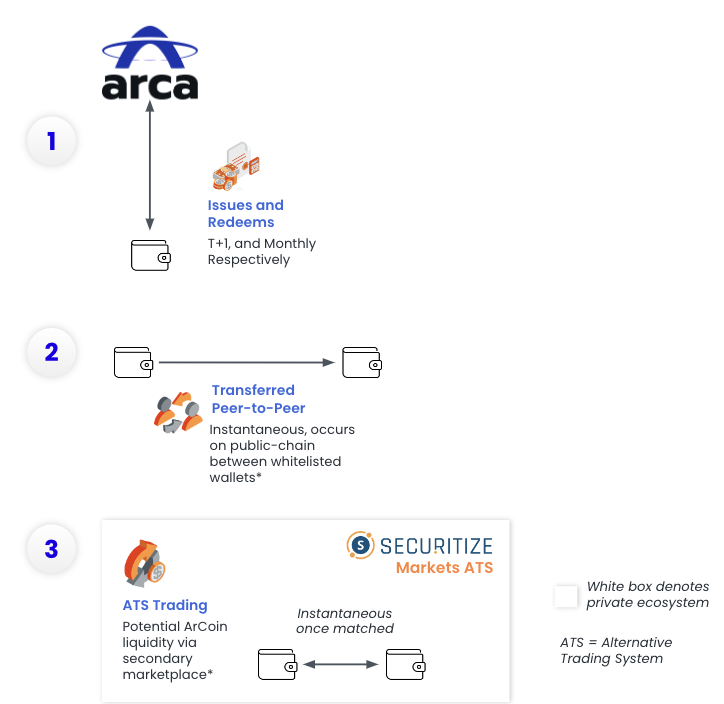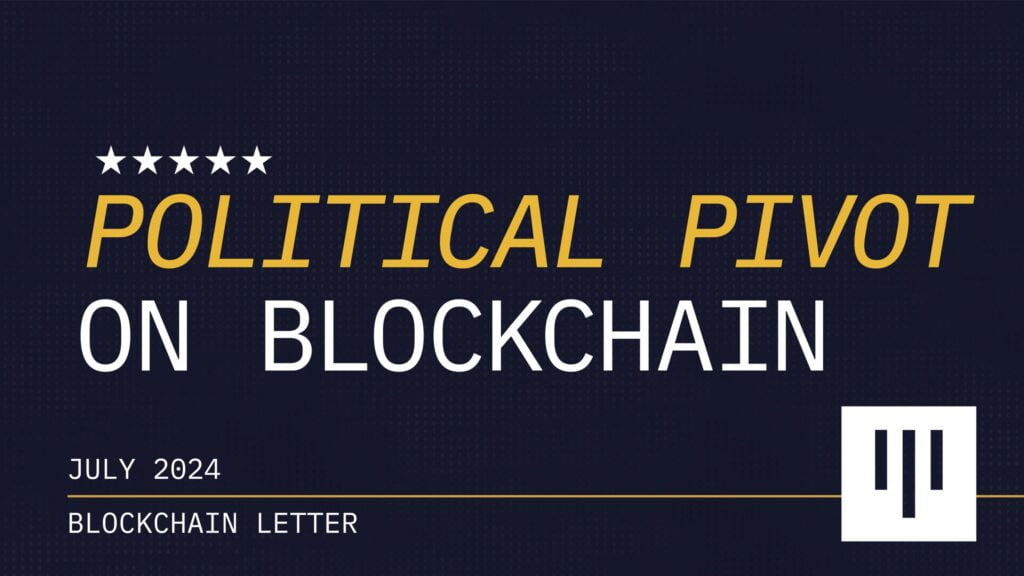Podcast Summary
This episode features Julian Koh, the founder of Aevo and Alliance, who shares his journey from working at Coinbase to building his own startups in the crypto space. The podcast delves into the challenges and benefits of building on Ethereum with app rollups and data availability layers versus monolithic chains like Solana. Julian Koh’s trading experience, particularly in options and meme coins, is also discussed.
Key Takeaways
Building on Ethereum vs. Monolithic Chains
- App Rollups and Data Availability Layers: Julian Koh built Aevo on Ethereum using an app rollup and Celestia as a data availability layer. The podcast explores the comparison between this approach and building on monolithic chains like Solana.
- Interoperability Challenge: The podcast discusses the challenges and benefits of building on app rollups, including onboarding developers and cost savings. The interoperability challenge for founders is also explored, with a focus on the potential advantages of staying on Ethereum.
Julian Koh’s Trading Experience
- Options and Meme Coins: Julian Koh’s trading experience, particularly in options and meme coins, is discussed. He actively engages in daily and weekly trading, using active rotation strategies and staying in tune with the market’s narratives and trends.
- Long-Term Bags: Julian Koh mentions holding Solana, Ethereum, and Ronin as long-term bags, with Ronin being a gaming-focused investment due to its growing user base and popularity.
Building Derivatives Protocols
- Alliance and Aevo: Julian Koh’s journey from working at Coinbase to building derivatives protocols is explored. Alliance was the first structured product DeFi protocol, and later pivoted into decentralized options, becoming the number one decentralized options protocol in terms of trading volume. Aevo, another project by Julian Koh, launched a decentralized per protocol.
- Collaboration with Conduit: Julian Koh’s collaboration with Conduit as an app rollup is discussed. The decision to build on Ethereum Layer 2 was driven by the need for an isolated execution environment and to Aevoid congestion caused by other apps on the chain.
Cost Savings and User Acquisition
- Cost Savings: The switch to Celestia as the data availability layer significantly reduced fees, saving the exchange around $200k per month. There is a possibility of switching back to native Ethereum data availability if it proves to be more cost-effective and aligned with trust assumptions.
- User Acquisition: The podcast reveals that 80,000 users have already deposited into Aevo, a significant number compared to other layer twos. The podcast discusses the advantages of having a strong identity for a layer two chain, focusing on a specific niche like speculation or gambling, rather than trying to be a general-purpose chain.
Future of Layer Twos and Layer Ones
- Points Fatigue: The concept of points fatigue is introduced, with the podcast highlighting that many projects are offering points to users, but teams are often giving back very little in return, leading to a negative perception of points.
- Future Strategies: The podcast expresses a belief that the current strategy of many layer twos and layer ones, which involves airdropping tokens and attracting third-party developers, is becoming tiresome and may lead to points fatigue among users.
Sentiment Analysis
- Bullish: The podcast expresses a bullish sentiment towards the crypto industry, with Julian Koh expressing his long-term bullishness on Solana and Ethereum. The hosts also express their strong belief in the core principles of the crypto space, particularly Bitcoin.
- Bearish: There is no explicit bearish sentiment expressed in the podcast.
- Neutral: The podcast presents a balanced view on the challenges and benefits of building on Ethereum with app rollups and data availability layers versus monolithic chains like Solana. The hosts also discuss the contrasting strategies for user acquisition between centralized and decentralized on-chain perss.













